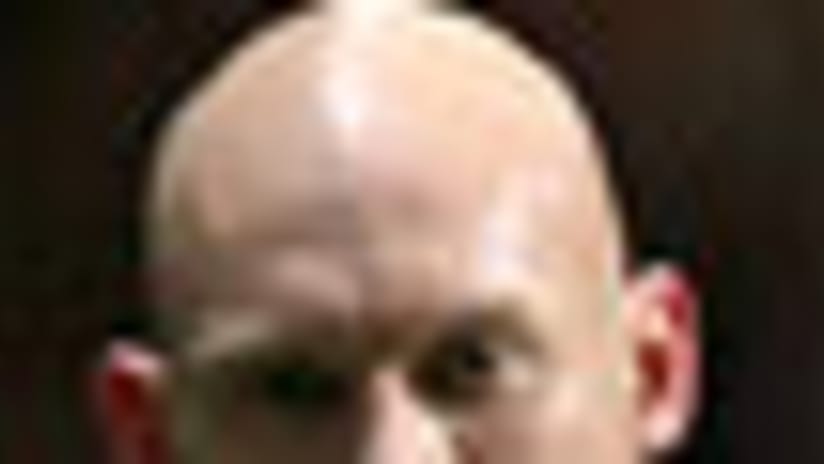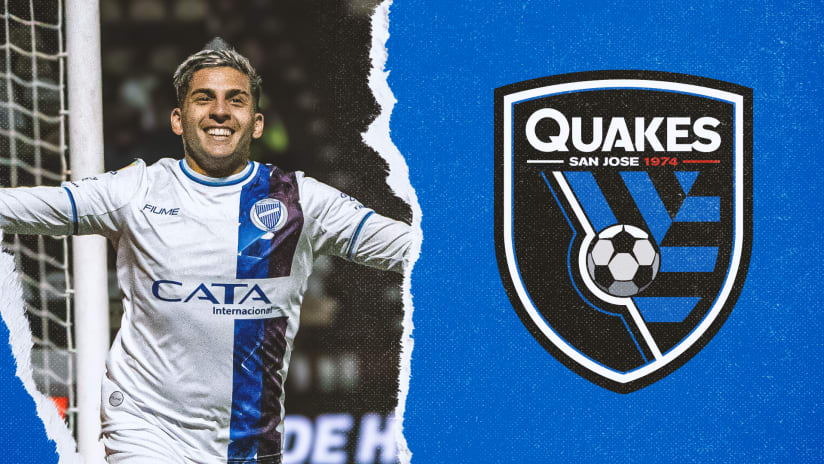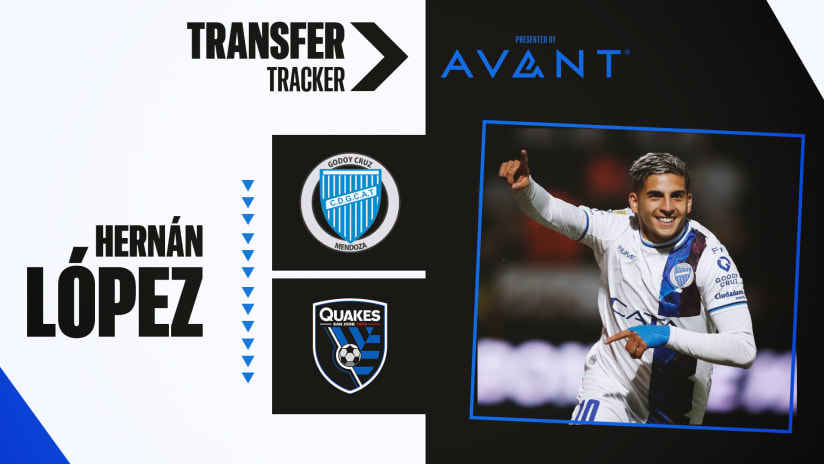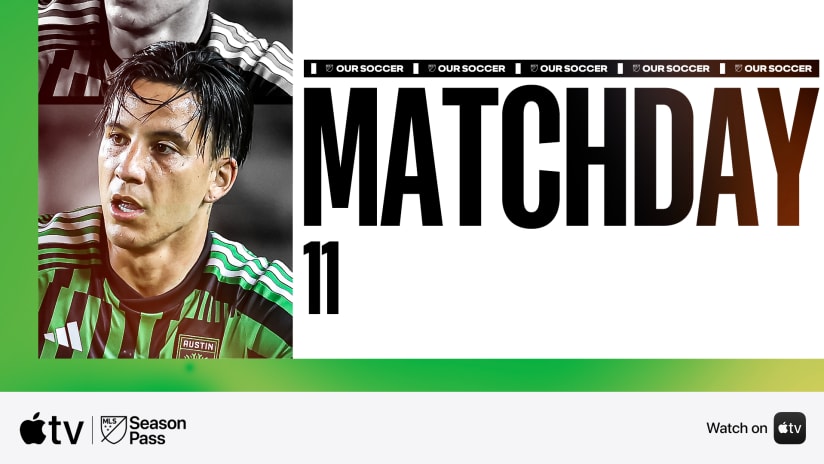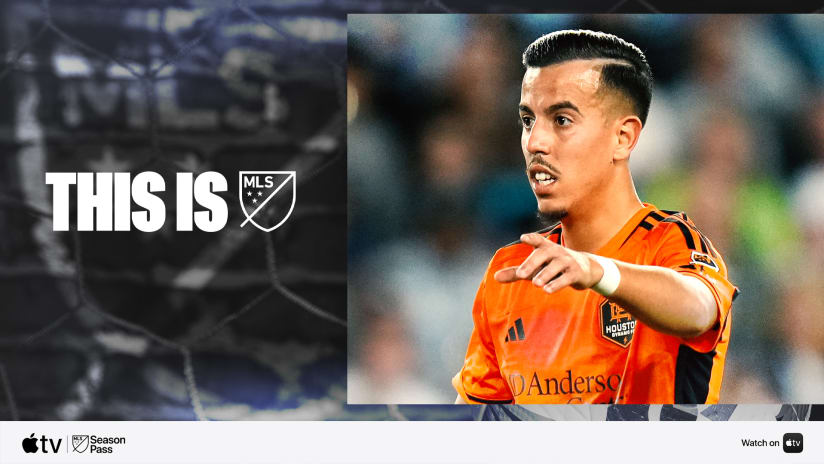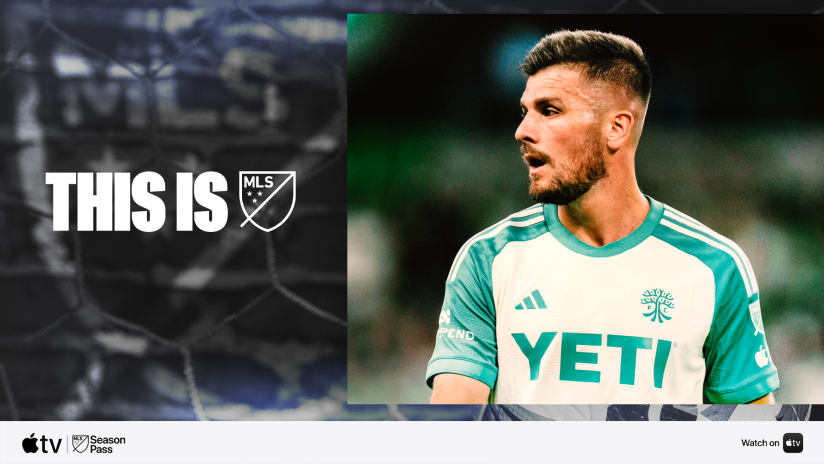the European Cup -- this Scottish team with a proud Irish heritage has a diverse fan base that extends to every corner of the globe.
Celtic is regarded as being "more than a football club" by its passionate supporters and much of their pride stems from the club's proud history and its unique founding ideals.
Those ideals however, in the late 1800s, were very much a matter of life and death for the tens of thousands who lived in slum conditions across the East End of the city.
A large Irish immigrant community, driven from their homeland by famine, soon discovered that their adopted home held no promises of riches, with the native populace already struggling to make ends meet.
Poverty was rife, disease was a daily obstacle, child mortality affected the lives of many and soup kitchens presented those afflicted with a vital foothold in their day-to-day existence.
It was to help subsidize these soup kitchens that a Marist priest, Brother Walfrid, helped to form Celtic and the fledgling club played its inaugural game on May 28, 1888 in a friendly 5-2 win that was watched by a crowd of 2,000, with Neil McCallum scoring the first ever Celtic goal 10 minutes into the match.
The opposition that day was Rangers and ironically the history of both Glasgow clubs was to be forever intertwined in the years that followed.
The club's first trophy followed in April 1892, with a Scottish Cup win against Queen's Park 5-1 at Hampden and in 1892-93 the Celts claimed their first league title, going on to win it four more times before the end of the century as well as winning two more Scottish Cups in 1899 and 1900.
The first decade of the new century was just as lucrative in the silverware stakes, with the cup lifted on three more occasions and from the 1904-05 season, "the Bhoys" -- as the team was known -- collected six league titles in a row.
But more than this, under manager Willie Maley, Celtic were playing with an attacking flair and panache the was soon the envy of club sides across Europe, giving rise to the phrase of "playing football the Glasgow Celtic way."
It was, however, in one performance in the late 1950s and during a remarkable run of nine championships in a row in the '60s and '70s that this "Celtic way" was witnessed in full flow.
In 1957, it was old rivals Rangers who were demolished in the League Cup final, with the 7-1 win still the highest margin of victory in a British cup final and even today, nearly 50 years later, still warmly remembered by Celtic supporters.
But at the time, the seeds for a greater triumph were being planted behind the scenes with former club captain, Jock Stein, coaching a reserve side that would go on to produce some of the club's most prodigious talents.
Those young players were molded into the Lisbon Lions by Stein when he returned to Celtic Park as manager in 1965 and on May 25, 1967, the home-bred side sealed the club's greatest triumph with a 2-1 win against Inter Milan in Lisbon to lift the European Cup.
Celtic became the first British team to win the European Cup and the triumph was hailed as a "victory for football" by the world's press, who had witnessed an ultra-defensive Inter side crumble eventually under wave after wave of attack.
Celtic won every single competition that they entered that 1966-67 season and during his 13-year reign as manager, Stein seized a stranglehold on the Scottish game which was rewarded with a record-setting nine championship wins in a row, eight Scottish Cups and four League Cups.
It was also during this era that several of the club's greatest players emerged, including center back Billy McNeill, striker Kenny Dalglish, fullback Danny McGrain and Jimmy Johnstone, the little flame-haired winger who in 2002 was voted the Greatest Ever Celt by the supporters.
'Jinky', as Johnstone was known, more than any player summed up the style, bravery and at times, sheer cheek and impudence that the supporters loved to see, and when he passed away in 2006 after a brave battle with motor neurone disease, tributes poured in to Celtic Park from around the world, with thousands lining the streets at his funeral.
After an initial period of success following Stein's departure, the club suffered indifferent fortunes during the 1980s and '90s, with several notable victories standing in contrast to uncharacteristic lows.
One high was undoubtedly the centenary year in 1988, where a league and Scottish Cup double was sealed by a passionate team, which featured current first-team coach Tommy Burns and played with all the traditional Celtic style.
Difficult times were on the immediate horizon, however, and the club was just hours from going bankrupt in March 1994 when North American-based Celtic supporter, Fergus McCann, returned to Scotland and paved the way for a new and glorious era.
The businessman delivered every promise that he made to the club and when he departed in April 1999 at the end of his five-year tenure, the old and crumbling Celtic Park had been completely replaced with a new world-class 60,000 capacity stadium, thousands of supporters 'owned' a piece of the club through the most successful stock issue in the history of British football and the league title had been returned to Celtic Park.
These strong financial foundations paved the way for the years of success that followed. Martin O'Neill was the manager who returned the club to its position of dominance in the Scottish realm and re-established its reputation in European football.
Celtic reached the 2003 UEFA Cup final in Seville where they faced Jose Mourinho's FC Porto. Although Celtic were beaten in extra time, their supporters won the praise of UEFA and FIFA. More than 100,000 travelled to Spain for the match from every corner of the globe and the game celebrated as a 'festival of football', with not a single arrest being made.
When O'Neill departed in 2005 he had won three out of five league titles, losing the other two on goal difference and by just one solitary point, also winning three Scottish Cups and the League Cup.
The Irishman was thus a hard act to follow for current boss Gordon Strachan, with the former Manchester United and Aberdeen player's task made all the more difficult by the fact that he was faced with a wholesale rebuilding of the first-team squad.
But after a difficult start to his opening campaign, Strachan's Celtic were soon miles in front of their nearest rivals, ultimately finishing the 2005-06 campaign 17 points ahead of their nearest rivals Hearts.
The League Cup was also claimed during that inaugural season and last year, the manager continued his winning run, clinching a second consecutive championship and winning the Scottish Cup at Hampden.
However, some of the highlights of last season came once again in the European arena and for the first time in the club's history, Celtic progressed into the last 16 of the UEFA Champions League.
Their place in the latter stages was earned with home victories against Manchester United, Copenhagen and Benfica, with Japanese midfielder Shunsuke Nakamura scoring two spectacular goals against last season's English champions. Celtic were put out of the competition by eventual winners AC Milan in extra time after a valiant performance.
This season, Gordon Strachan and his players will be aiming for further success, both at home and overseas.
Gregor Kyle and Joe Sullivan are the official reporters for Celtic Football Club, writing for Celtic View (the club magazine), the match day programme and the club Web site, www.celticfc.net.

